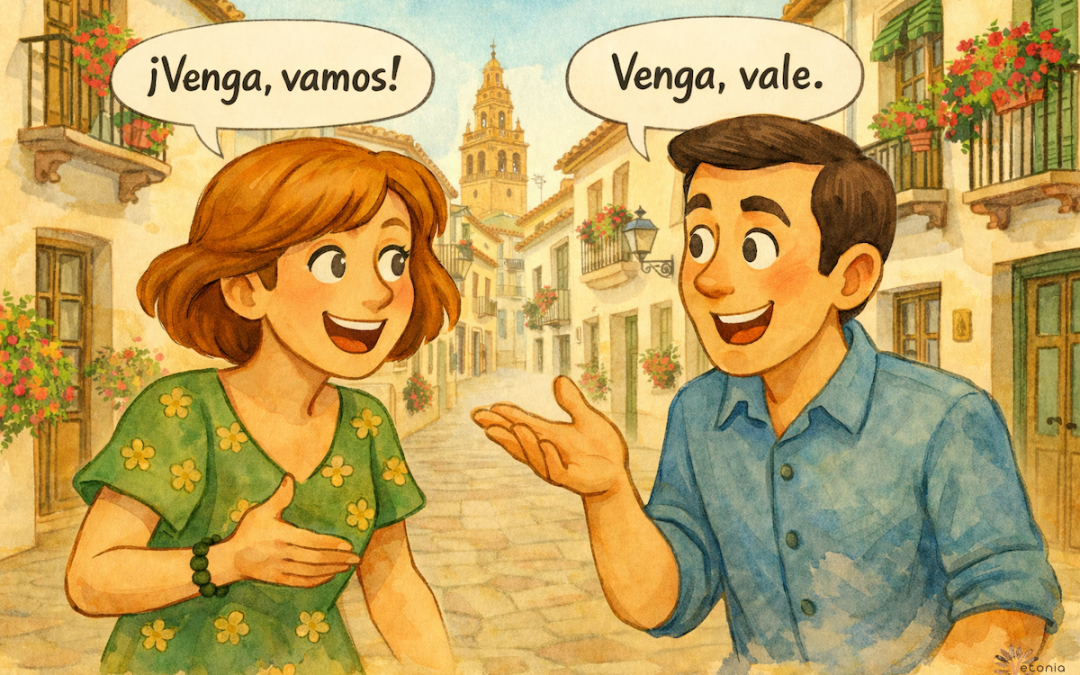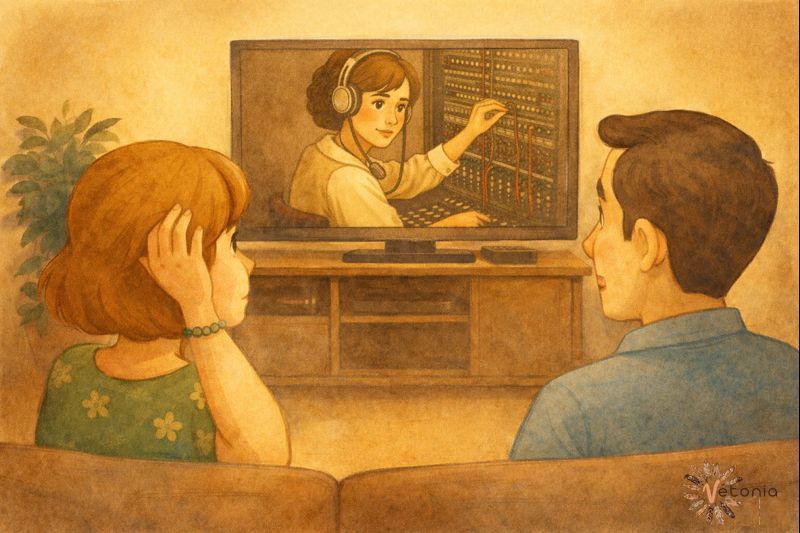The standard accepted by the Royal Spanish Academy (RAE) to this day maintains that the generic masculine is used to refer to a class of people, as it is considered an unmarked term. This means that the masculine form is always treated as the default option when referring to a mixed group. However, there are voices calling for a revision of the generic masculine, arguing that it is necessary for Spanish to be considered an inclusive language (IL).
Inclusive language is not a new topic—it’s been discussed for over three decades in the United States and Germany. However, in the Spanish-speaking world, it has gained more momentum recently, despite the debate often being oversimplified in the media, which tends to present only polarized perspectives:
1) The “expert” and linguist view, which holds a “protective” stance towards the language—represented by the RAE’s normative approach;
and 2) The sociolinguistic view, often associated with “non-expert” voices—although also supported by linguists, writers, and activists—that addresses IL from the standpoint of sociolinguistics, identity politics, and psychological well-being.
Exposing students to the possibilities that a language offers for becoming more inclusive can certainly broaden their linguistic and cultural competence and strengthen their critical awareness to analyze and question the status quo. For this reason, teaching and using inclusive language in Spanish as a Foreign Language (ELE) classes not only contributes to the development of students’ pragmatic competence but also promotes intercultural awareness and fosters more effective and respectful communication. These goals align with the principles of the CEFR (Council of Europe, 2002) and the Instituto Cervantes Curriculum Plan (PCIC, 2006) for foreign language learning and teaching mentioned earlier.




0 Comments